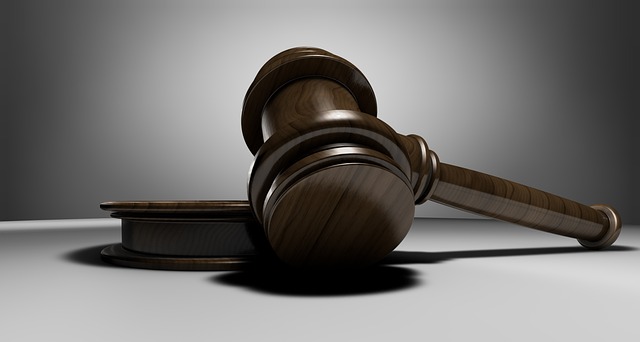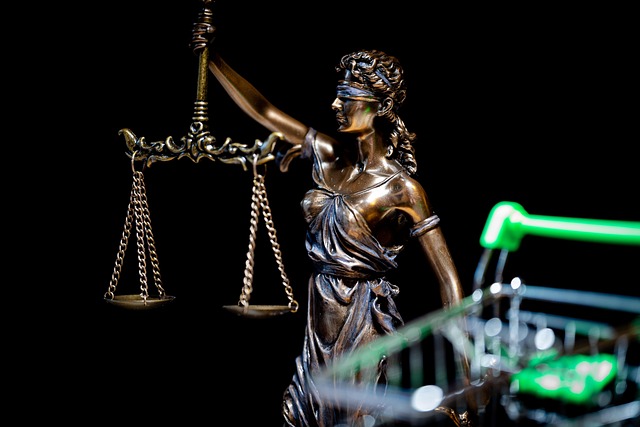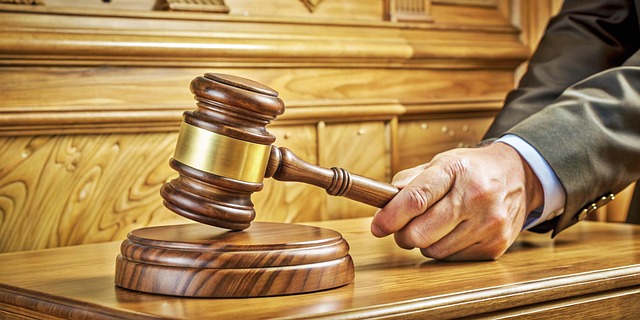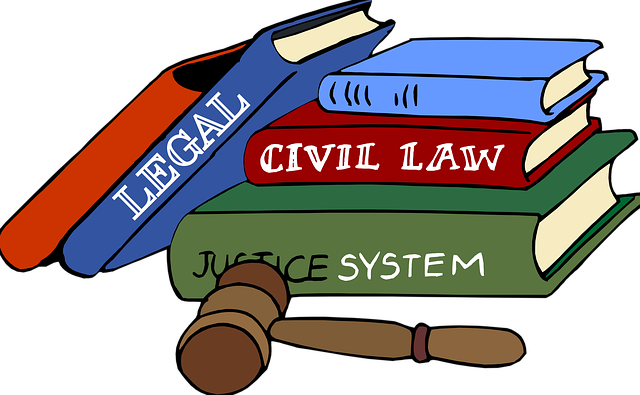Final judgments in accident lawsuits resolve cases after evidence and arguments are presented, ensuring justice, accountability, and compensation for victims like those involved in auto accidents or suffering from caregiver negligence. Both sides use physical evidence, expert testimonies, and legal arguments. Winning brings closure and financial compensation, while losing may result in accepting lesser compensation or incurring costs if deemed at fault, ultimately promoting safer behaviors within the accident lawsuit process.
In the intricate world of accident lawsuits, final judgments hold paramount importance, determining the outcome and resolution for all involved parties. This article delves into the nuanced understanding of final judgments within the context of accident lawsuits, exploring how evidence and legal arguments shape these decisions. By examining their impact on winners and losers, we gain insights into the complex dynamics of the accident lawsuit process, emphasizing its significance in seeking justice and accountability.
- Understanding Final Judgments in Accident Lawsuits
- The Role of Evidence and Legal Arguments
- Impact on Parties Involved: Winners and Losers
Understanding Final Judgments in Accident Lawsuits

Final judgments play a pivotal role in the accident lawsuit process, marking a crucial step after all evidence has been presented and legal arguments heard. These judgments are the outcome of a thorough evaluation by the court, aiming to deliver a resolution that justice demands. In an accident lawsuit, whether it involves auto accident injuries or cases of caregiver negligence, the final judgment is the culmination of extensive legal proceedings.
Understanding final judgments requires appreciating their significance in ensuring accountability and compensating victims fairly. For instance, if a car accident attorney represents a client who suffered injuries due to another party’s negligence, the ultimate goal is to secure a final judgment that reflects the extent of the damages incurred. This process involves navigating complex legal landscapes, presenting compelling evidence, and arguing for the rights of the injured party, ultimately aiming for a just outcome in the accident lawsuit process.
The Role of Evidence and Legal Arguments

In any accident lawsuit process, the role of evidence and legal arguments is pivotal. During proceedings, both parties present their cases through a combination of physical evidence, expert testimonies, and compelling legal arguments. This dynamic interplay ensures that justice is not only sought but also achieved. Evidence serves as the foundation upon which claims for injury compensation or insurance coverage disputes are built, while legal arguments provide the framework within which these claims are evaluated and judged.
Moreover, in cases of medical negligence, where the standard of care provided by healthcare professionals is at issue, expert witnesses play a crucial role. These individuals offer insightful analyses based on their specialized knowledge, helping to elucidate complex medical issues for the court. This approach not only strengthens the case but also facilitates a more informed decision-making process, ensuring that any judgment is fair and in line with the applicable law.
Impact on Parties Involved: Winners and Losers

The outcome of a final judgment in an accident lawsuit process significantly impacts all parties involved. For those who prevail, it represents a victory that can bring much-needed closure and financial compensation. Winners typically receive accident settlements or accident compensation, which can help alleviate the physical, emotional, and financial burdens resulting from the incident. This resolution enables them to move forward with their lives, seeking medical treatments or rehabilitation services as necessary.
Conversely, those who lose in such lawsuits may face a range of outcomes, from accepting an offer for lesser accident compensation to facing substantial costs if they are deemed at fault. A loss can be particularly challenging, especially when the accident has left individuals with long-term injuries or disabilities. However, it’s crucial for all parties to remember that these judgments aim to provide justice and guide future behaviors within the accident lawsuit process, fostering a safer environment for everyone.
Final judgments in the accident lawsuit process play a pivotal role in resolving disputes and offering closure. By understanding the interplay of evidence, legal arguments, and their impact on all involved parties, individuals can navigate this intricate system with greater clarity. This knowledge empowers them to advocate for their rights and make informed decisions throughout the accident lawsuit process.






